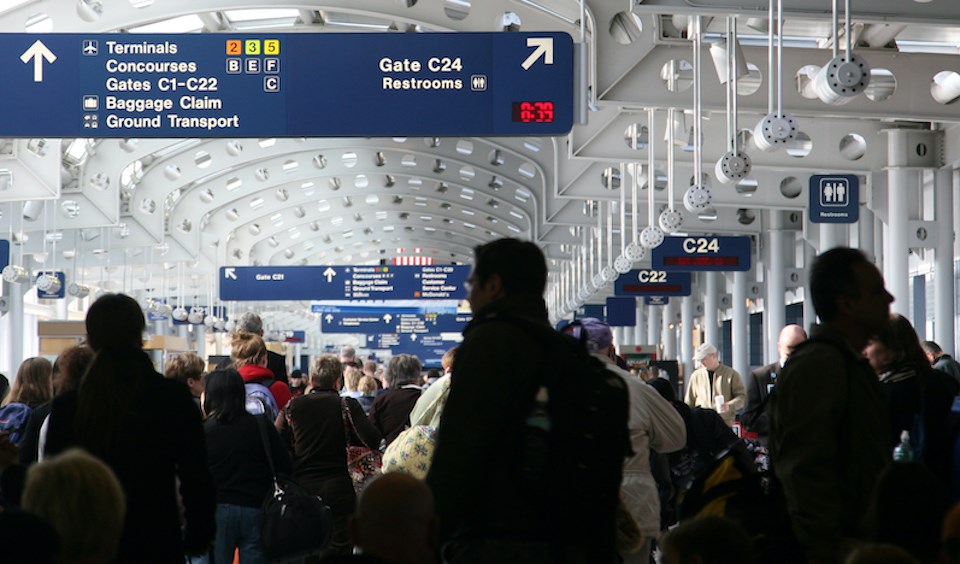Canada will relax some of its coronavirus vaccine restrictions for travellers this June — but the new rules will not apply to everyone entering the country — or to every type of travel in the country, either.
Effective June 20, the Canadian government will "suspend" COVID-19 vaccine mandates for domestic and outbound international travellers and federally regulated workers.
The decision was based on current epidemiological trends, as well as economic considerations for struggling industries, ministers said Tuesday (June 14).
In a press conference, Transport Minister Omar Alghabra stated that Canadians will no longer need to be "vaccinated in order to board a plane or train in Canada," but he emphasized that the same rule will not apply to cruises.
And while unvaccinated Canadians travelling by plane or train won't have to stress about their vaccine status at home, they won't enjoy the same ease of travel as their vaccinated counterparts.
Masking and other public health protection measures will continue to be in place and enforced on planes, trains, and ships.
Canada vaccine mandate: Domestic versus international travel
Effective June 20 just after midnight, Canadians may enjoy travel across Canada, regardless of their vaccination status. Additionally, travellers boarding international flights will no longer need to show proof of vaccination.
But the rules haven't changed for returning travellers who are only partially vaccinated (one dose of vaccine) or unvaccinated.
Canadian citizens, persons registered under the Indian Act and permanent residents are permitted to enter the country, regardless of vaccine status. In most cases, however, they will be required to quarantine following international travel. They must continue to provide proof of an accepted type of pre-entry COVID-19 test result, too.
Health Canada continues to stress that these individuals are more likely to get infected and have more series outcomes than fully vaccinated people.
The vaccination requirement has not changed for foreign nationals.
Do I still need to be vaccinated to go on a cruise?
Alghabra said that the federal announcement will not apply to cruising. All crew and passengers must be fully vaccinated against COVID-19 to board a cruise ship. And while children under 12 may be permitted onboard without showing proof of vaccination, some cruise lines may require children 5 and up to be vaccinated.
Passengers must also take a COVID-19 molecular test within 72 hours before boarding a cruise ship or take an antigen test within one day of the scheduled departure.
Passengers and crew must also don masks when boarding the ship.
ArriveCAN App remains in place
You might not need to be vaccinated to travel domestically, but Canada isn't doing away with the ArriveCAN App (free mobile app or website). You must enter your personal information, vaccination details, travel documents, and other pertinent information into the platform.
If you don’t submit your travel information and proof of vaccination using ArriveCAN you could be fined $5,000.
Be cautious of third-party, fraudulent web pages and apps that may be posing as ArriveCAN and asking you for payment. If you suspect that a website is posing as ArriveCAN, file a report with the Canadian Anti-Fraud Centre.
Note: There is an updated version of the App that was released on May 15. If you have not clicked update or downloaded the most recent version, you may be asked to submit specific information that’s no longer required.
Find out how to use the app with Vancouver Is Awesome's guide.




